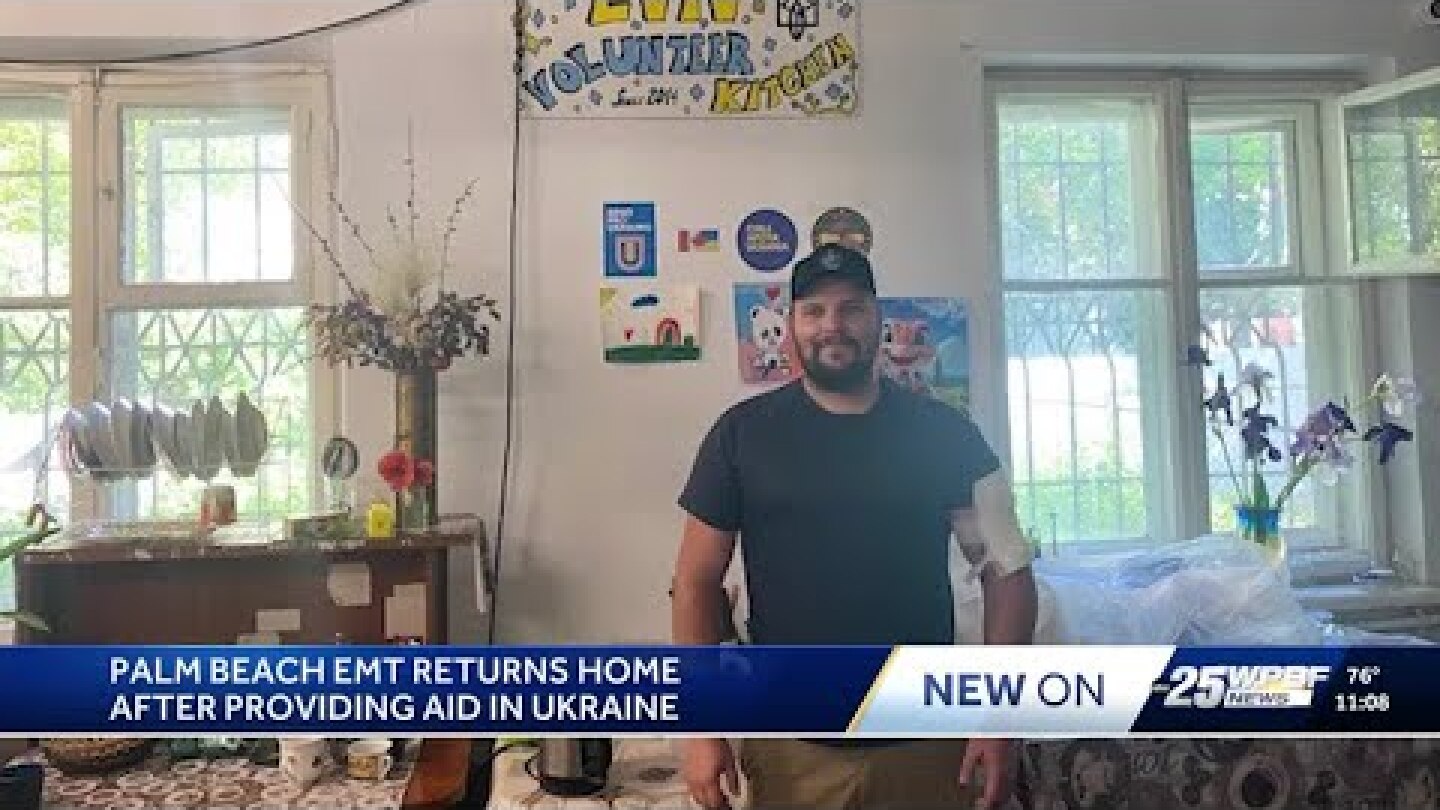Patient Care & Compassion
The patient care topic covers the human side of EMS: the interactions between providers and patients, family members and loves ones. From learning to build trust with empathy to managing difficult conversations, this section offers insight into compassionate patient care that extends to all on scene.
Here’s what EMS providers should know about the updated standards, national assessments and opportunities to improve pediatric care together
What happens when textbook physiology meets the back of the ambulance
As you apply BLS and ALS protocols, this case is a reminder to thoroughly, thoughtfully and compassionately assess and treat patients, erring on the side of caution
It’s easy to call ride-shares “uber” efficient, but emergencies aren’t optional — and EMS isn’t a system built on consent, convenience or cash up front
EMTs Aaron and Alex break the rules to bring humanity to the street-worn and war-torn
After surviving a rare and aggressive cancer, Dan Carr is recovering — and shining a light on the lifesaving power of organ donors like Stacey Holden
EMS1 invites you to share your voice — calls that changed you, personal stories of challenges and perseverance, and unique reflections on the EMS life
Be aware patients with special needs may have comorbidities, and their conditions fall on a spectrum
The harsh reality of end-of-life care — and the moral injury it inflicts on caregivers
Liz Harney delivers a powerful reminder: teaching empathy, presence and professionalism isn’t optional — it’s critical to saving lives and preventing burnout
After a traumatic injury, K-9 Kona’s airborne rescue led to a statewide medevac program ensuring New Jersey police — two legs or four — are protected when seconds count
5 insidious partner issues to avoid so that patients feel safe in our care
Sensory differences aren’t always visible — but they can dramatically affect how patients react during emergencies. Learn how EMTs can identify and respond with care.
ESO’s Auto-Generated Narrative for EHR shifts EMS documentation from manual typing to one-click review, freeing medics for patient care
Why the termination of NEMSAC is a giant loss to EMS
What they’ll never tell you about why we stay
Montgomery County Hospital District (MCHD) compares the effectiveness of two parenteral analgesics in the prehospital setting
Steve Whitehead shares how to deliver life-altering news on scene
After performing an initial assessment, Antoni Simmons, 44, allegedly stole hundreds of dollars from the patient’s purse
From ride-alongs to station visits, true leadership in public safety means meeting your people where they are. Trust isn’t built behind a desk — it’s earned on the ground
Community paramedicine demands a mindset shift — from crisis mode to continuity of care. Learn how EMS providers can build trust, treat root causes and redefine what success looks like.
William Shock first traveled to the war-torn country in 2023 and is already planning his third return trip
Edward McClure, who was fired by AMR in December 2024, is also accused of falsifying the patient care report
A paramedic’s road to recovery proves that no matter how far you fall, you can rise again
Pediatric respiratory distress doesn’t have to be terrifying — here’s how to handle it
TikTok sensation and pediatric critical care paramedic Jimmy Apple shares his rise in EMS education, battling misinformation with heart and hustle
Stretcher fall underscores the importance of foundational skills after alleged mishap in New Jersey
Because “stay in your lane” was never in the job description
“On virtually every call we run, we have the ability to make someone feel that their existence is important and that their well-being matters, if only by the way we interact with them.”
MOST POPULAR
- Myth-busting the National EMS Advisory Council
- On-demand webinar: Mastering capnography in EMS – Overcoming monitoring challenges
- ‘We care for everyone’ must be more than a motto
- Balancing care and collaboration: Key lessons from EMS and law enforcement interactions
- Reassessment matters: Lessons from a patient mistakenly declared dead































